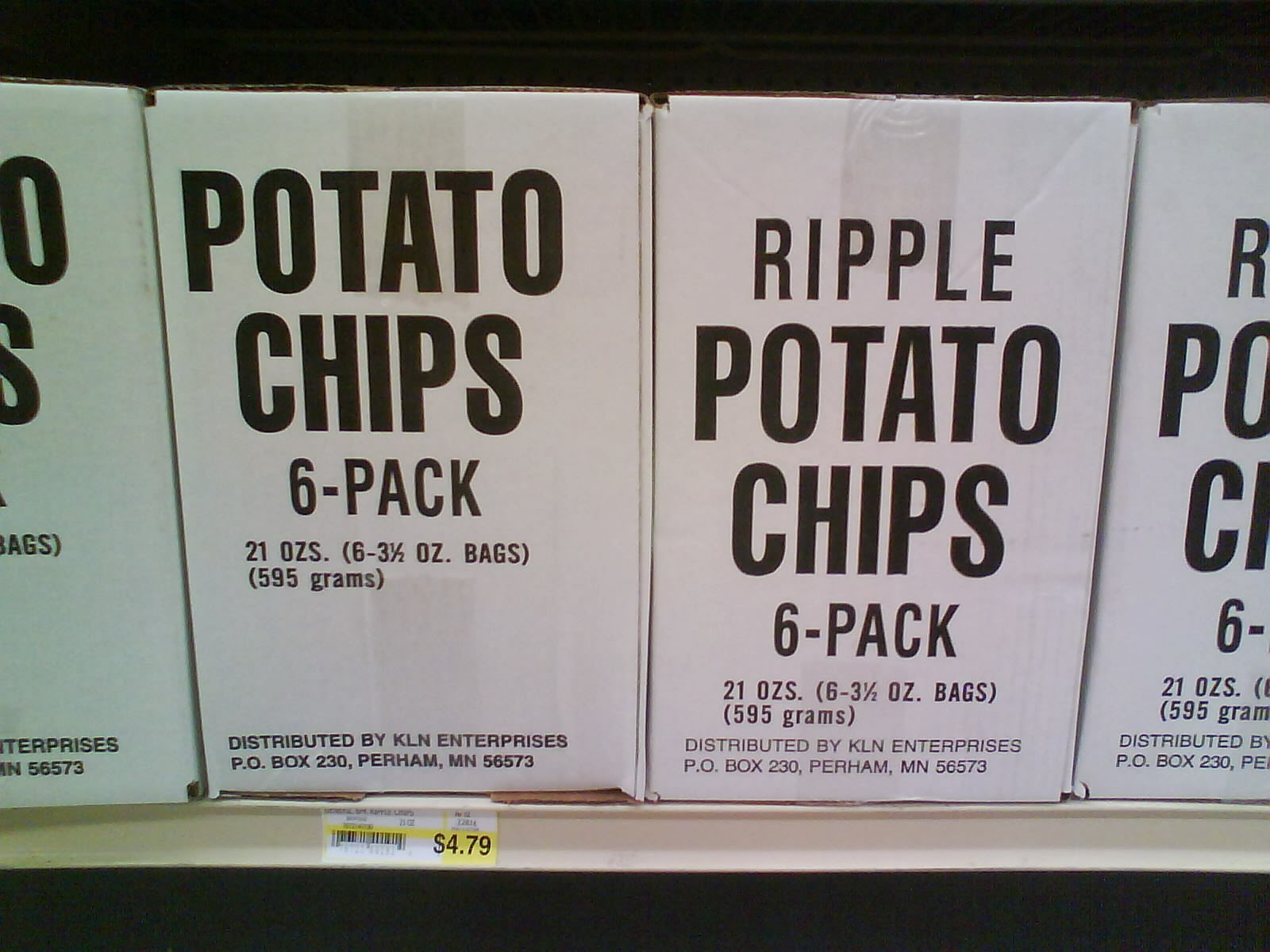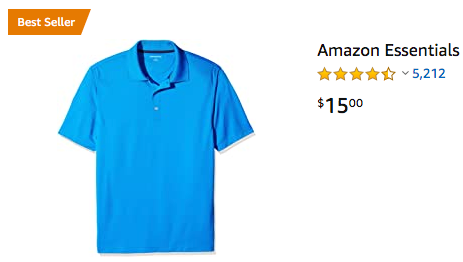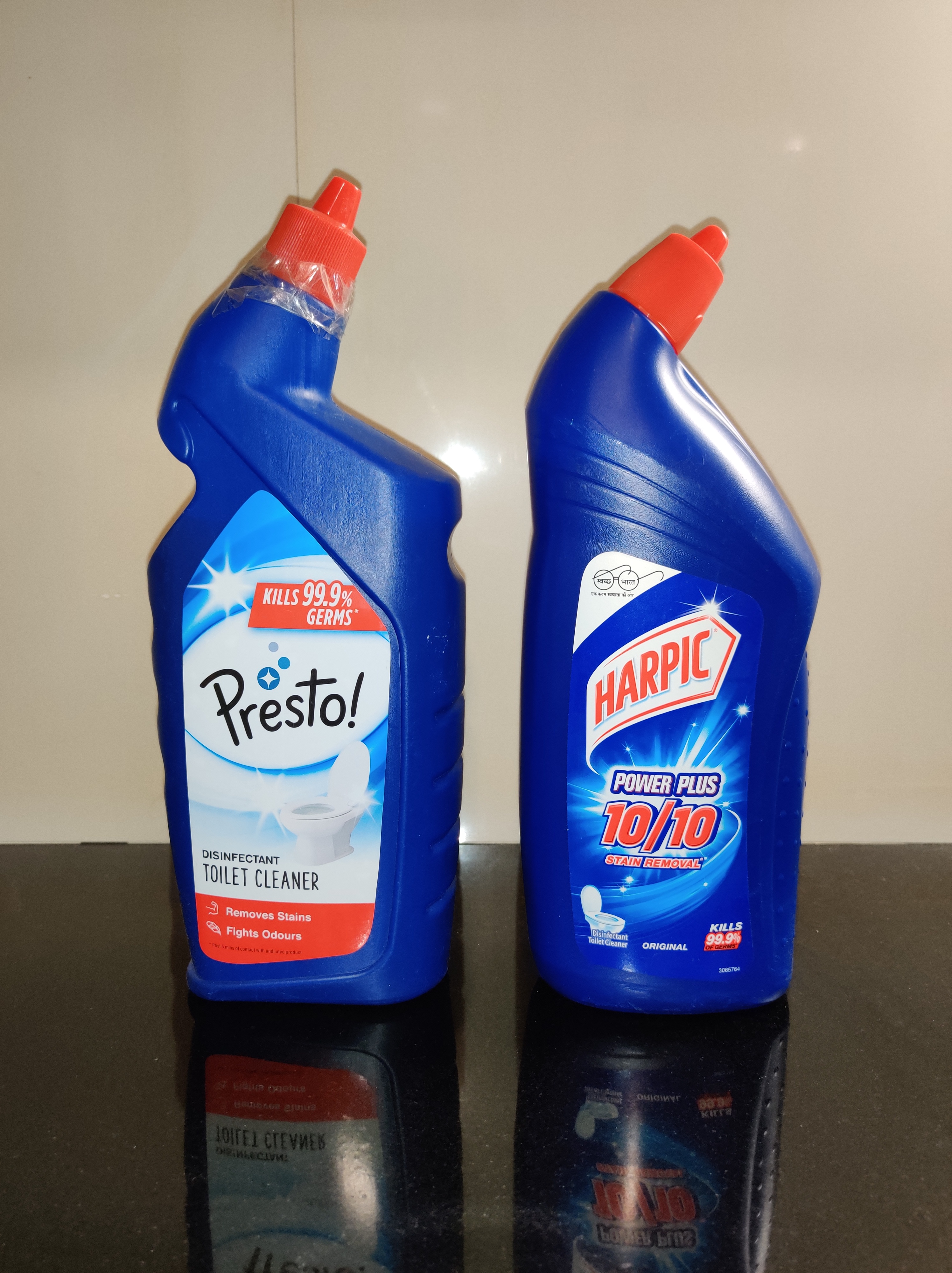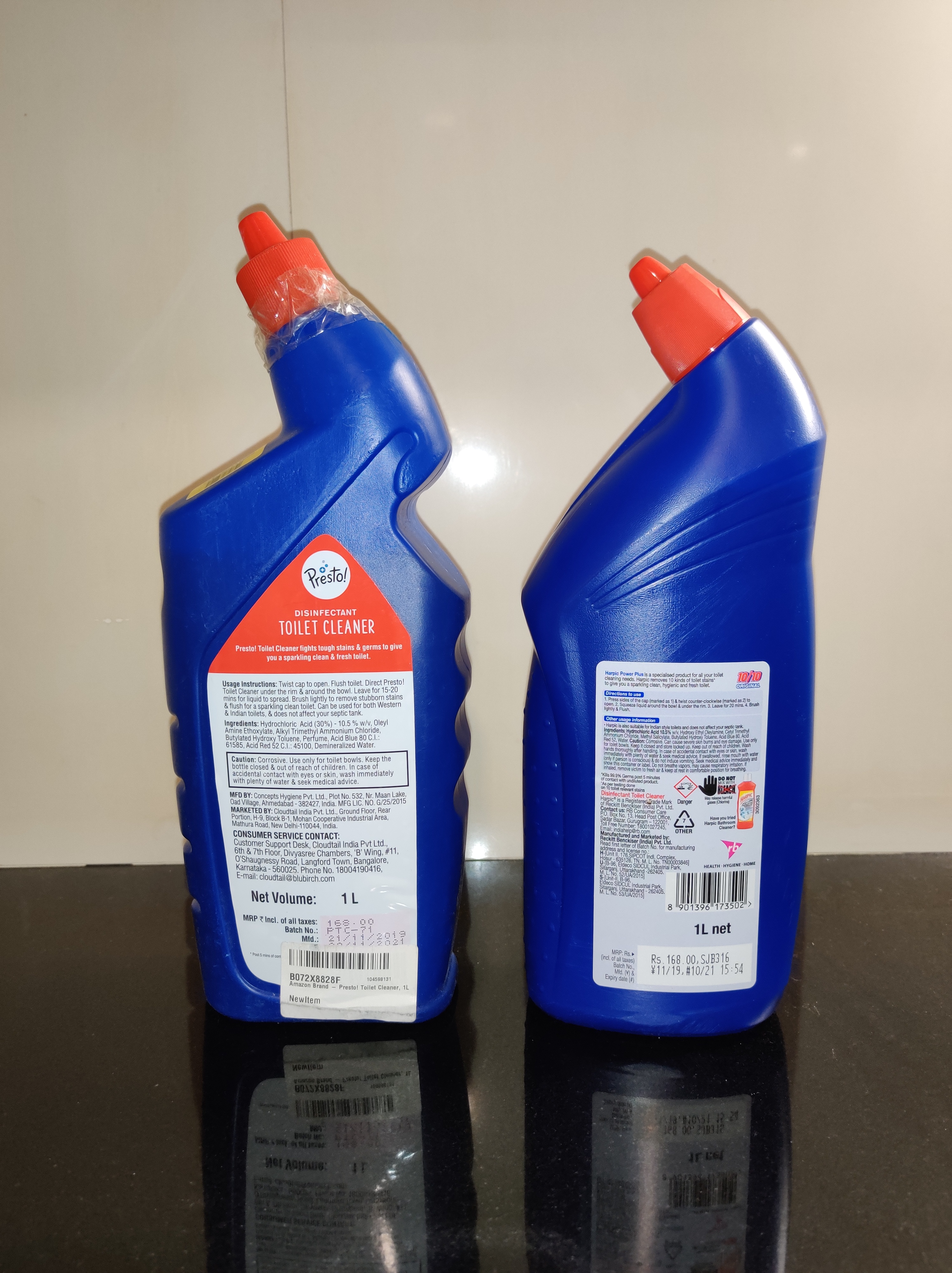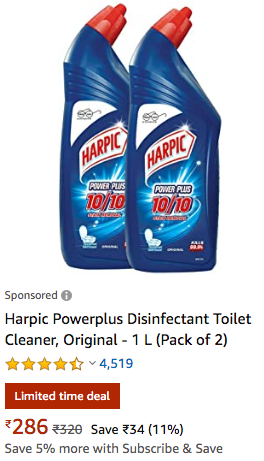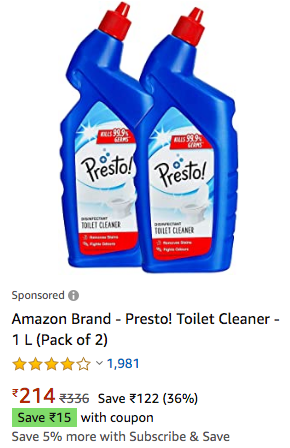Like many of us during this pandemic, I have a browser tab open for Amazon.in so I can buy stuff at a moments notice to get home delivered. If you know me then you know I just don’t care about clothes, for me the cheaper the better. Hence when Amazon launched their Amazon Essentials clothing line several years ago in the US, I would have my parents buy a stack of dry-fit polo shirts and bring them to India for me. If you look at the numbers of reviews and stars for the product, I guess I’m not the only one!
Everyone now calls it the private label business but really it’s just a rebranding of “generic products” that were sold during the 70’s and 80’s. I remember growing up in Chicago and going to Aldi and Jewel to buy products from the generic section. Sometimes I could tell the difference between the name brand Kellogg ‘s Cornflakes and the generic version and sometimes I couldn’t. I’m not sure exactly when the terminology switch happened from “generic products” to private label but I think Costco really kicked it into high gear with their Kirkland Signature line of products.
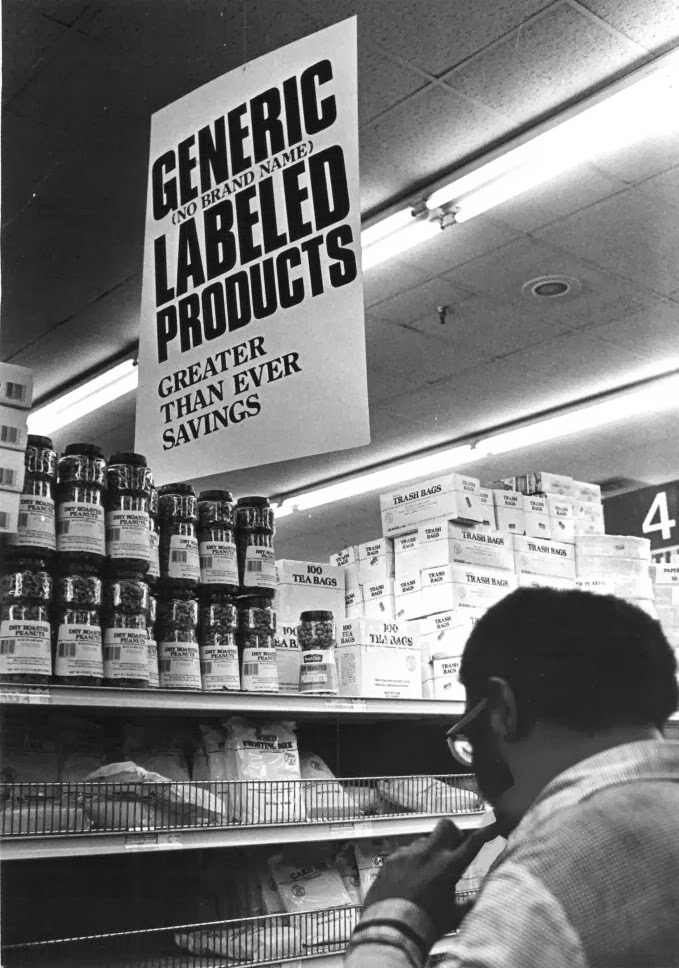
Until 3 months ago, I never really looked at Amazon’s private label business in India until my dad started ordering products from my Amazon account. I would see orders for Solimo and Presto and wondered what was he ordering. What really got my intrigued is when he ordered a bottle of toilet cleaner. When the email came that the product had been delivered it looked like a Harpic bottle but was a Presto product.
It’s striking how similar the bottles look and their max retail pricing is identical at Rs. 168, copy and paste to the next level. But, the actual pricing is very different:
For a category like toilet cleaner I can’t really understand why someone would be so passionate or a loyal brand user for something so mundane. I’m guessing for this category people will slowly move over as they find out about it and with Amazon it’s bound to happen when a user types Harpic and one of the suggestions will be Presto toilet cleaner at a 25% discount.
This is just one example, there are hundreds if not thousands of products that Amazon has private labeled and taken market share from the existing brands. That’s the catch-22 with Amazon, if your product does well, they will know about it and the demography of the audience. Then, they can quickly create a private label version and see if it works. If not, move onto the next category and keep on doing that for everything on their platform. Great for consumers but not for the brands.

